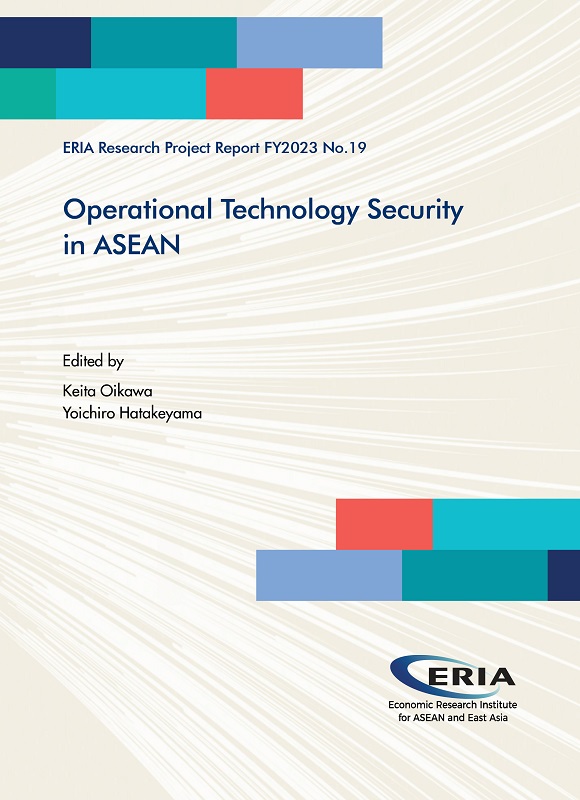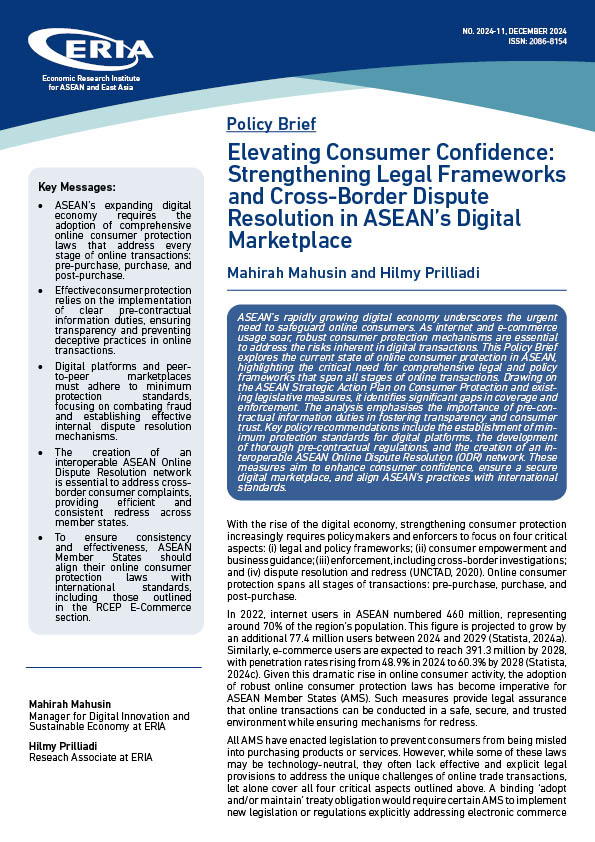Operational Technology Security in ASEAN

Date:
15 December 2023Category:
Innovation and TechnologyType:
Research Project ReportsTags:
technology, technology security, cybersecurity, supply chain, ASEAN, JapanPrint Article:
This study focuses on Association of Southeast Asian Nations (ASEAN)–Japan cooperation in addressing operational technology security challenges during their 50th anniversary. Japanese multinational companies have established resilient international production networks (IPNs) in ASEAN, supporting the regional economy during the pandemic. However, supply chain digitalisation and increased security measures need attention for maintaining competitiveness. Operational technology security risks, regulatory disparities, and governance frameworks are global concerns in critical infrastructure digitalisation. Enhancing cyber-resilience across Asia, particularly in critical infrastructure and manufacturing supply chains, is crucial. The research aims to bridge the gap between current and desired operational technology security states, propose policies, and contribute to ASEAN’s cybersecurity readiness and sustainable IPNs through collaboration.
While information and communications technology security awareness is rising in ASEAN, operational technology security remains insufficient, with only a few countries having initiated associated measures. Singapore has its own standards and product certification tied to government procurement, while Malaysia is adopting international standards. Some companies prioritise operational technology security, while others face obstacles like digitalisation delays, cost, or lack of understanding. Coordinated efforts are needed for regional operational technology security enhancement. Japan can contribute by fostering operational technology security measures and developing a common ASEAN framework based on global standards. Collaboration and knowledge sharing amongst stakeholders can promote best practices. Supporting a common ASEAN company and product certification system, along with standardised procurement requirements, will strengthen regional coordination amidst expanding global supply chains.




